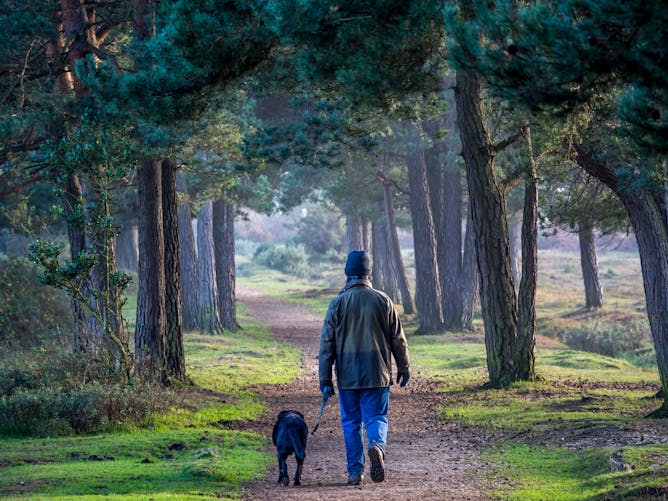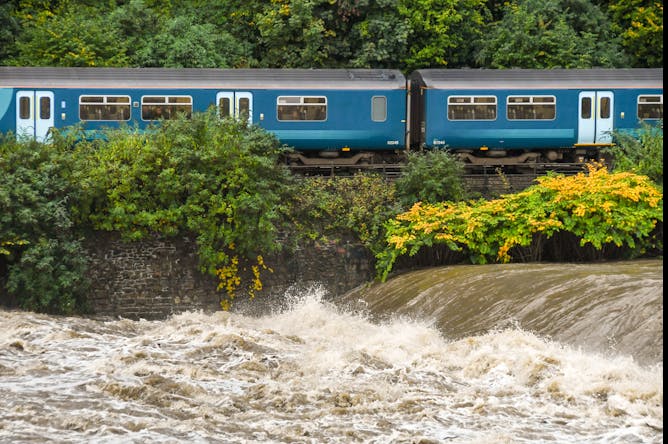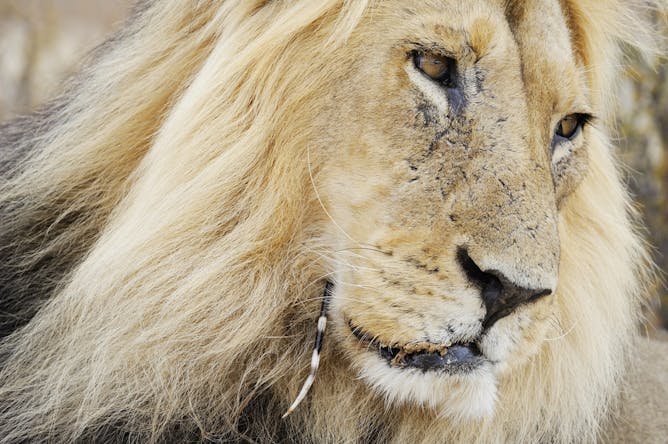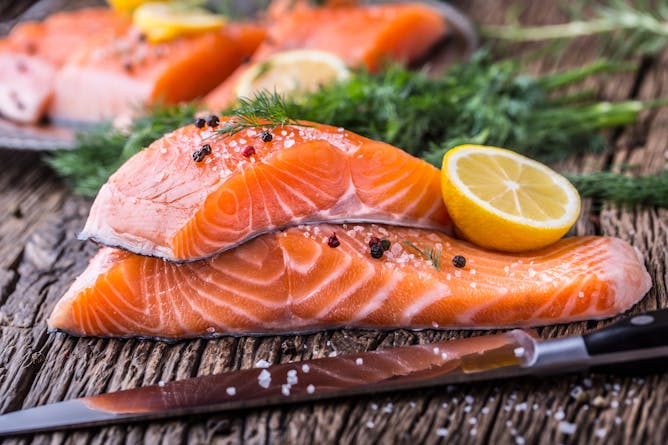|
|
|
Editor's note
|
|
We’ve had some curious weather recently here in the UK (depending on where you are, of course). For a country in drought, it’s certainly been fairly damp most of the week, which – for a cricket fan like me – has been a disaster, as the Cricket World Cup is now officially designated as the wettest ever. But it looks as if we’re in for a relatively dry weekend, so now’s your chance to get out and commune with nature.
Whether it’s walking the dog, wandering lonely as a cloud, or just pottering in the nearest park, we’ve long known that spending time out in your natural surroundings is good for both physical health and mental well-being. And now the experts have calculated that spending about two hours a week in nature is the way to get the optimum benefit. And, with pressure to use open spaces for building more homes, it’s important that we use our precious countryside as much as possible. Some lucky schoolchildren are already reaping the benefits, via the Forest School movement which takes pupils out of the classroom and into the woods, to learn important life skills such as teamwork, resilience and independence. We could all do with a bit more of that.
This week we also learned a lot about how the Conservatives choose their leaders, what farmed salmon eat and why humans are better than machines when it comes to
recognising speech. From our colleagues around the world we heard that lions sometimes attack porcupines (which doesn’t always end well for the lion) and that the gender pay gap for the FIFA World Cup is an absurdly large US$370 million.
Finally, our sincere thanks to all our readers who have supported The Conversation by making a donation, however large or small. These are difficult times for the media, but we believe that The Conversation has an important role to play in returning the voices of experts to the public sphere. With the support of our member universities and of you, our readers, we will strive to make sure those voices are heard. Our 2019 donations campaign draws to a close this weekend. But if you’d like to make a donation to The Conversation now or any time, you can do so from: https://donate.theconversation.com/uk.
|
Jonathan Este
Associate Editor, Arts + Culture Editor
|

|
|
|
|

graycat via Shutterstock
Mathew White, University of Exeter
New research tracked 20,000 people to figure out the ideal 'weekly dose' of nature.
|

shutterstock
Janine Coates, Loughborough University; Helena Pimlott-Wilson, Loughborough University
Forest School helps children learn without realising it.
|

A commuter train passes the swollen River Taff, near Cardiff.
Ceri Breeze/Shutterstock
Hannah Cloke, University of Reading
The UK has seen drought conditions since 2018, but the flooding of June 2019 shouldn't come as a surprise.
|

Stefan Rousseau/PA
Tom Quinn, University of Essex
The speed is about to pick up as the field narrows.
|

A male lion with a porcupine quill lodged in his cheek.
WOLF AVNI/Shutterstock
Julian Kerbis Peterhans, Roosevelt University; Gastone Celesia, Loyola University Chicago
The team found evidence of about 50 lions that had been injured or killed by porcupines since the 17th century.
|

We’re fish fanatics, with salmon in our sights.
Marian Weyo/Shutterstock
Dave Little, University of Stirling; Richard Newton, University of Stirling
Fish farming has been criticised for a lack of sustainability – here's what has been changing and what still remains a challenge.
|
|
|
-
Keith Rathbone, Macquarie University
For years, women footballers have resorted to everything from strikes to lawsuits to fight for gender equity. Why is it taking so long to close the pay gap?
-
Patrycja Strycharczuk, University of Manchester
Having problems with Siri and Google Translate? Here's why.
-
Adrian R. Bell, University of Reading; Chris Brooks, University of Reading; Tony Moore, University of Reading
Research shows that England was one of the first sovereigns to default on its international debt obligations.
-
Elena Katselli, Newcastle University
The UK must accept that colonialism belongs in the history books, and that it must comply with its obligations under international law.
|
|
| |
Featured events
|

|
The Royal Maritime Club 78-80 Queen Street , Portsmouth, Hampshire, PO1 3HS, United Kingdom of Great Britain and Northern Ireland — University of Portsmouth
|

|
34 Broad Street, Oxford, Oxfordshire, OX1 3BD, United Kingdom of Great Britain and Northern Ireland — University of Oxford
|

|
Room ATB/056, Alcuin College, Campus West, York, York, YO10 5DD, United Kingdom of Great Britain and Northern Ireland — University of York
|

|
Windsor Building Auditorium, Egham, Surrey, TW20 0EX, United Kingdom of Great Britain and Northern Ireland — Royal Holloway
|
|
|
|
| |
| |
| |
| |
| |
|
|
|
|
|
|
|